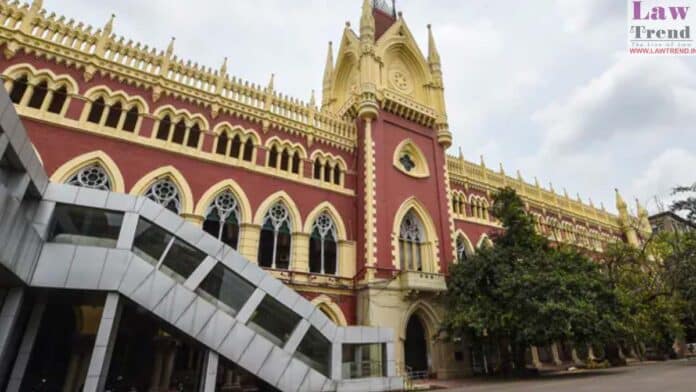The Calcutta High Court on Friday refused to pass an interim order permitting the Hindu Sewa Dal to conduct a Hanuman Chalisa recital on April 12 at Red Road in Kolkata, marking the occasion of Hanuman Jayanti. Justice Tirthankar Ghosh, while hearing the plea, emphasized that the petitioner had failed to establish a prior or customary right to hold such an event at the public venue.
The petitioner organisation, Hindu Sewa Dal, approached the Court after the Kolkata Police denied permission for holding the event scheduled between 5 AM and 11 AM, with an anticipated gathering of around 3,000 participants. The proposed venue, Red Road, is a major arterial route in the city and falls under the jurisdiction of both civilian and army authorities.
The counsel for the petitioner submitted that the Hanuman Chalisa recital was a religious observance coinciding with Hanuman Jayanti and thus held great spiritual significance. It was argued that similar large-scale events, such as the annual Durga Puja celebrations, are routinely permitted on Red Road. Additionally, the petitioner claimed that requisite permissions from the army, which owns part of the land, had already been secured.
Further, the petitioner contended that the role of the police should be limited to ensuring law and order and that the early morning timing of the event would not create any public inconvenience or disruption.
Justice Ghosh, however, made it clear that for a first-time religious event in a public space, especially in the absence of a prior tradition or established practice, a legal right must be demonstrated once administrative permission is denied.
“Why is Red Road being used? Custom, culture? I have got no issues, but you have to establish rights… I don’t accept this… file your affidavits… I will not listen to the police also creating ground for stupid reasons,” the Court remarked.
In response to the petitioner’s argument that other communities had been granted permission to organise events at the same location, the Court reiterated that such comparisons do not automatically entitle any group to the same relief unless legal and customary rights are clearly established.
“Establishment has to be there. Your contention is because other community was allowed therefore you must be given permission as well… establish your rights,” the Court said.
The State opposed the petition, arguing that public roads cannot be claimed as of right for religious events unless the location has intrinsic religious significance or there exists a historical precedent for such observances. The government stressed the need to balance freedom of religion with public order and administrative feasibility.
Refusing to grant interim relief, the Court directed both parties to file affidavits to determine the legitimacy of the petitioner’s claim. It made it clear that no religious event could be permitted at a public venue like Red Road solely on the basis of religious sentiment or comparisons with other events.
As a result, the Hanuman Chalisa recital scheduled for April 12 at Red Road will not proceed unless the petitioner establishes a valid and enforceable right in subsequent proceedings.




